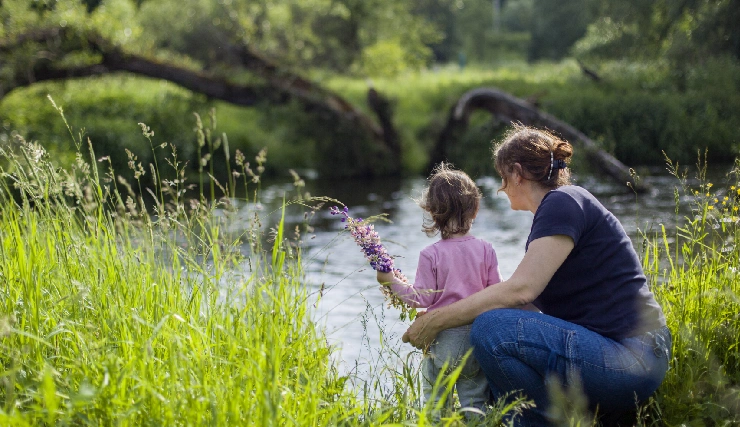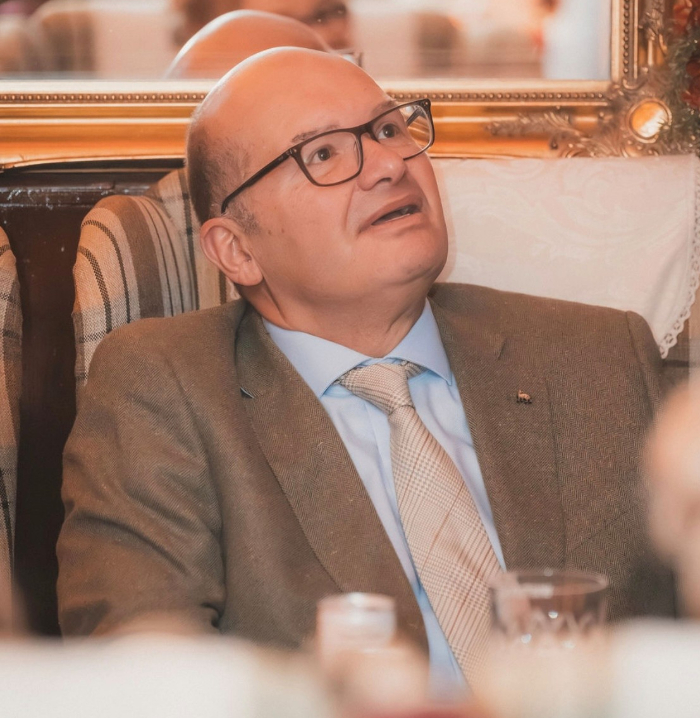
Ollie
My diagnosis led me to a place where I am working towards something I care about deeply. I’m committed to sharing this journey as widely as possible, so no one has to feel as lost as I once did.
Ollie, from Sussex, shares his experience of being diagnosed with type 1 diabetes during his first year as a university student in Bristol.


